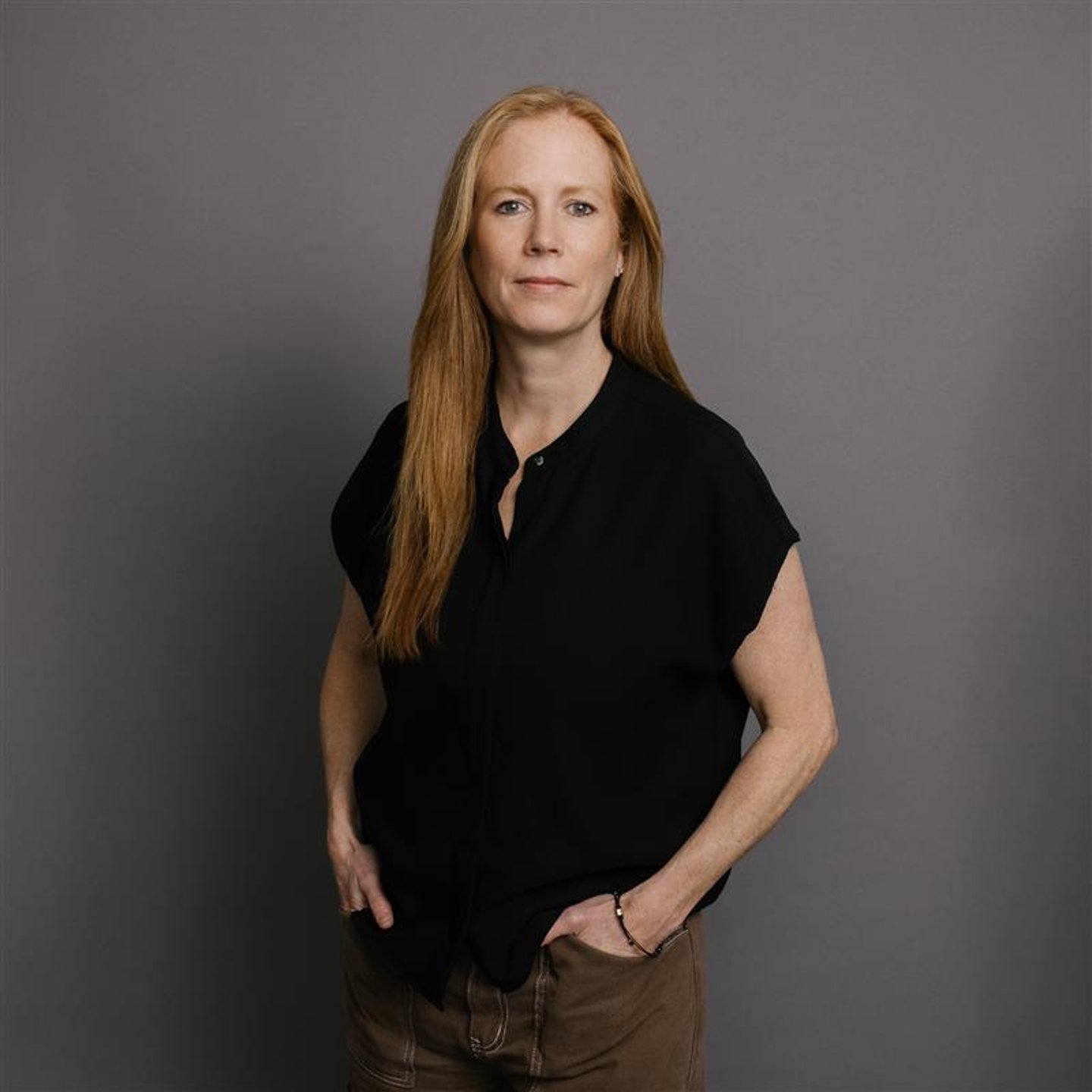Catching up with incoming grocery code adjudicator Karen Proud
Earlier this month, former Fertilizer Canada CEO Karen Proud was named as the first president and adjudicator of Canada’s new Office of the Grocery Sector Code of Conduct. The code is scheduled to become fully operational by June and Proud begins her new role on March 17.
Proud spoke to Canadian Grocer about her priorities for the code in an interview that has been edited for brevity and clarity.
Why did you decide to take on this role?
What really appealed to me was the industry was able to get together and coalesce around a voluntary code. I think that shows a tremendous commitment from all the players involved. Together we have a real opportunity to change the landscape in Canada and I find that a very exciting opportunity. There’s a lot of heavy lifting to be done in the first couple of months, so I am spending my off time trying to figure out how to approach this out of the gate.
How will you be approaching the role?
There’s a lot of different aspects that need to be looked at right off the bat. The office exists on paper but there’s nothing created yet, so there’s a lot to be done just to stand up the office and to get functional. There’s a lot of need for education both of myself but also with the different participants in the code. So that’s got to be the focus at least at the start, to determine the state of readiness of the sector for implementation, as well as to understand the education needs of those who participate in the code.
READ: What’s next for Canada’s grocery code of conduct?
How will the office work?
My understanding is that it’s going to be a small office to start but there’s going to have to be some hiring done just to do some of the basics. We’ll see over time the needs of the office. Canada has a unique code, and we really need to figure out what we need to support it, but I expect it to continue to be a pretty small office. Small but mighty. At the moment, we’re looking at a virtual office. That’s going to be helpful to keep us nimble and to be able to just focus on the work. There’s a benefit to having a virtual office in that many of the different groups involved are in different parts of the country, so not sticking to one location is helpful. Many of the industry associations will be working with their members on the code. I envision the ability to use their offices and facilities as needed.
How will you ensure the code works for all stakeholders?
We’re going to learn a lot from what’s going on in other countries and take lessons learned there and bring them here where they’re relevant. We don’t have the same code as they have in the UK, Australia or New Zealand, but there’s still a lot we can learn from their successes and failures. That’s going to be very helpful for us to ensure that we have a smooth transition. That’s on my many lists of things to do when I start: to have conversations with the adjudicators in the various countries. We don’t have to reinvent the wheel if there’s learnings and materials that we can borrow from other countries. The UK, in particular, has been running for quite some time, and I think there’s a lot we can learn from them.
Will one of your priorities be to develop a guidance document on the principles of the code?
It’s likely that guidance material is going to be necessary. The code is necessarily vague in some areas. I don’t think anybody wanted to be so prescriptive as to interfere with business, so one of the roles of the office is to look at the interpretation of the code. One of the things I want to do is to work with all the various parties to get an understanding of the different perspectives of the provisions within the code. My expectation is there may be different takes on different provisions where the office will need to have some clarification.
READ: Grocery code of conduct could encourage investment, innovation, advocates say
How will the code change the way that industry players work with one another?
The hope is that the code is really going to help strengthen and build the relationships between suppliers and retailers. It’s going to promote trust and collaboration. The hope is that it allows for more transparency in decision-making. When it comes to smaller businesses, it’s not going to level the playing field. But it is going to provide, when it comes to disputes or concerns, a level response where small retailers and suppliers have the same opportunities as those organizations that have more resources.
How optimistic are you that the code will lead to greater balance in the grocer-suppler relationship?
Having all the groups sign on is a great signal that the industry was able to come together and agree on a Grocery Code of Conduct. That speaks volumes to the willingness to look at relationships and make changes as needed and to come to a better business relationship. That’s a wonderful indication and I’m very optimistic that this is going to be successful.





